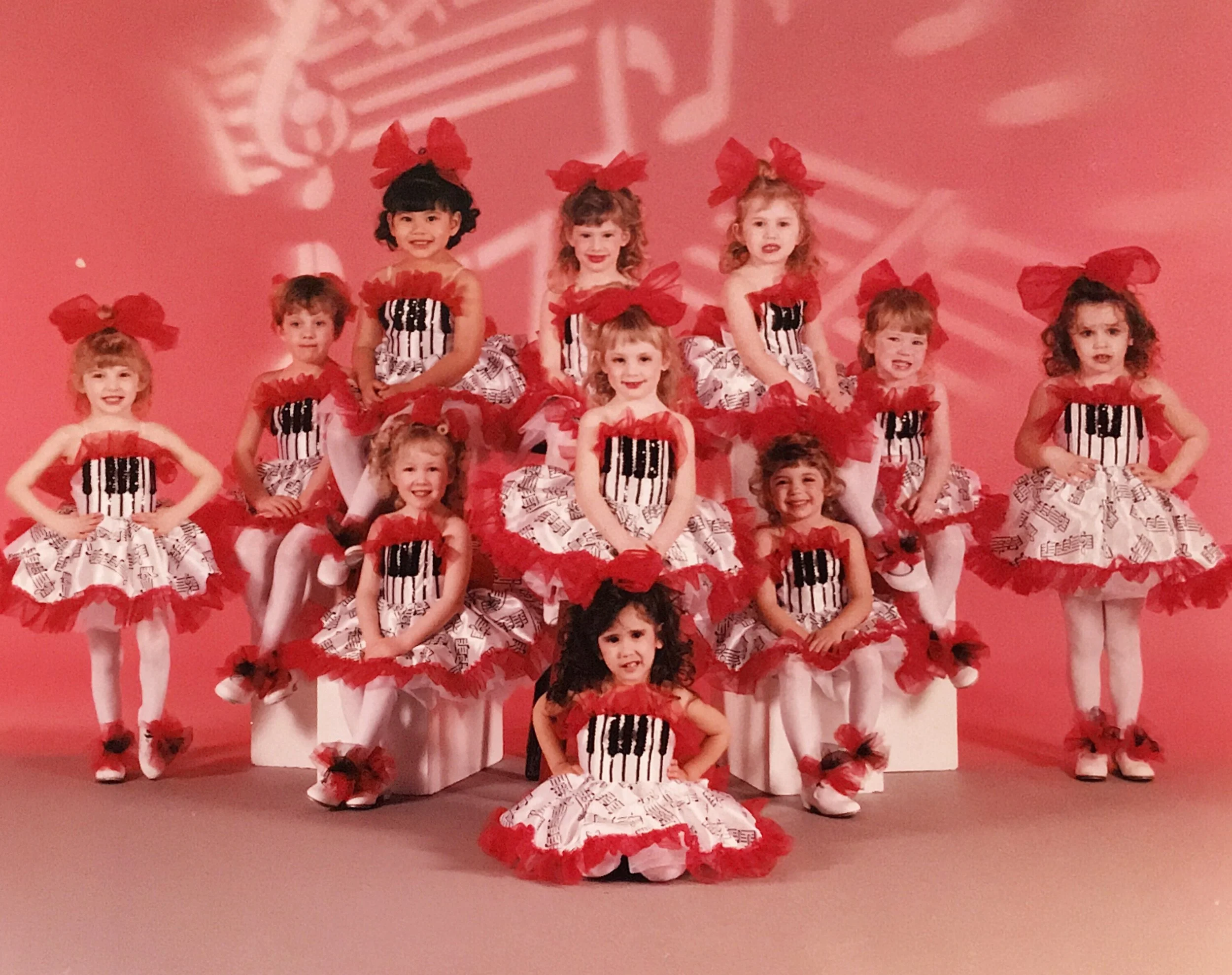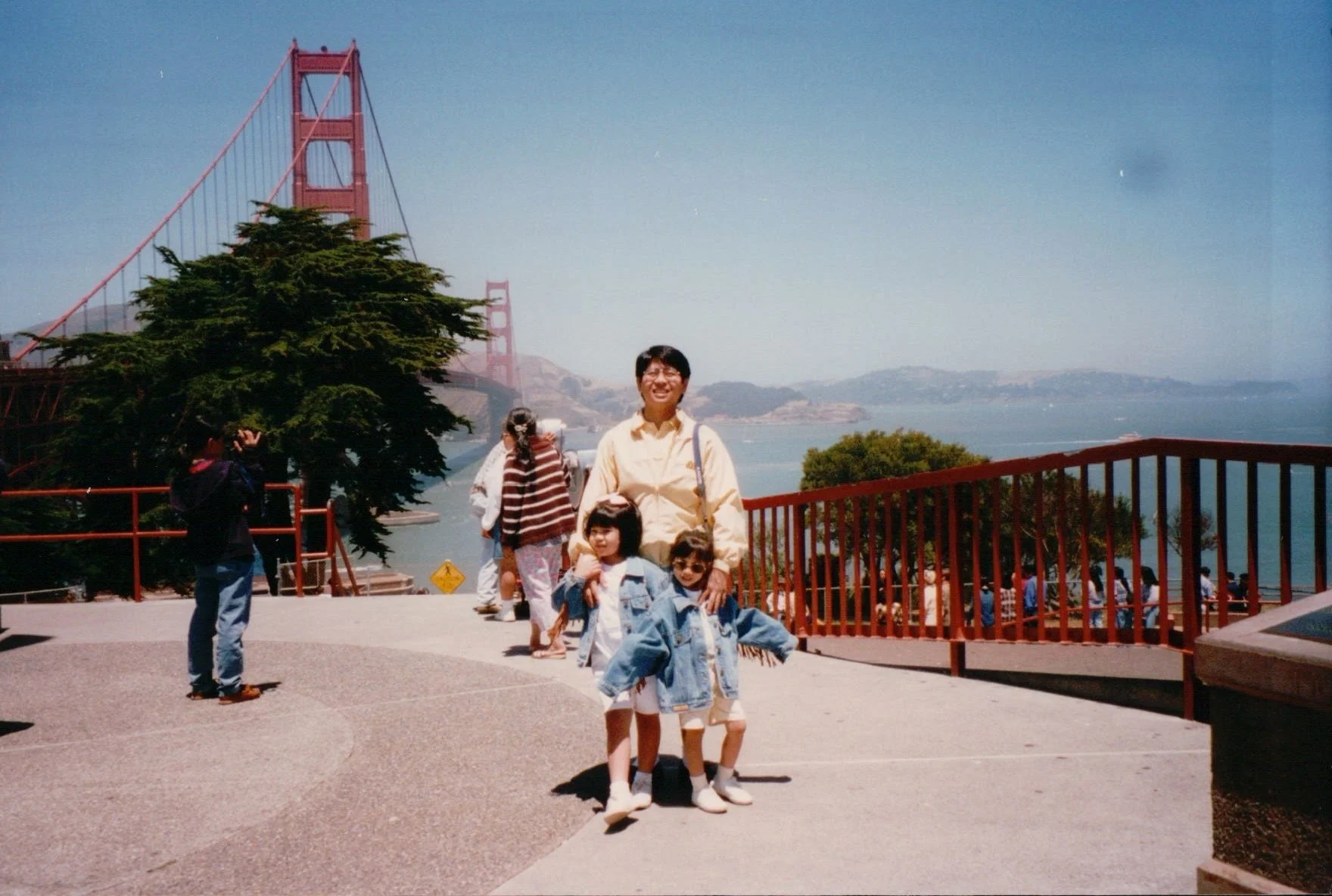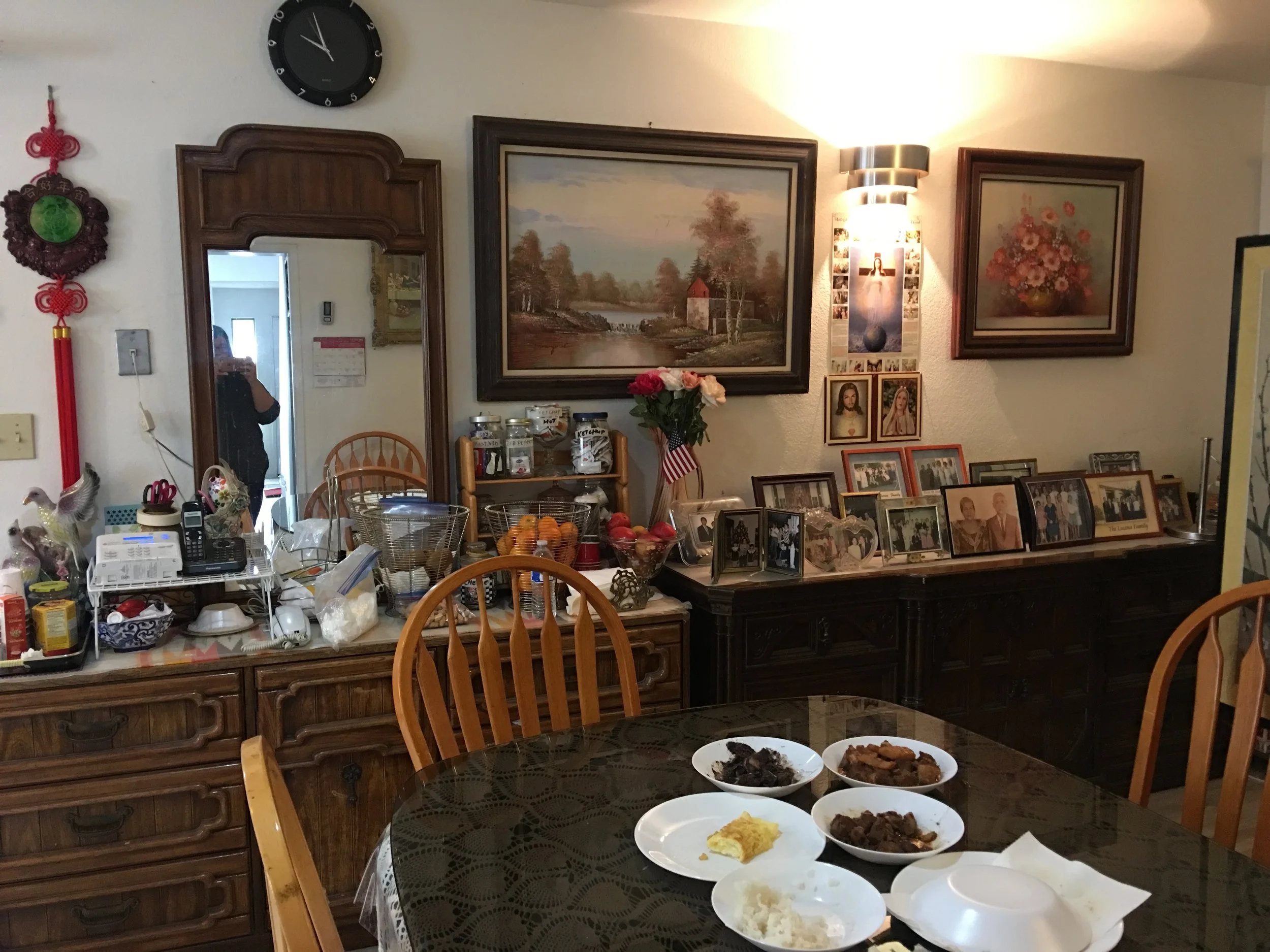Between Two Worlds: On Being a Filipino American Therapist
Written by: Claudine Lucena
Growing up, I felt I was constantly occupying the space in between two worlds. Spending my childhood in Alabama and Texas meant there was a stark difference in the culture I was immersed in at school and the one I lived in at home. I would go to school and fit in as best as I could with my predominantly White, American peers and come home to TFC (The Filipino Channel) and sinigang. I would go to sleepovers and see how different my friends’ families were – from the food (as a kid I was obsessed with pot roast and chicken pot pie, because it felt so distinctly American) to the way my friends would interact with their parents.
The vast majority of our extended family still lived in the Philippines, so my connection to my family’s culture was through the stories my parents would tell. Far away was my parent’s home, along with lolos, lolas, titos, titas, cousins, and friends who were basically family. I remember longing to know more about that world, only getting bits and pieces through stories, pictures, OPM (Original Pilipino Music) cds my parents would play in the car, and watching Filipino movies rented from the local Filipino restaurant.
Dance recital photo in Alabama
As I grew older, the push and pull between these two worlds grew more painful to navigate. I had no words to describe how I was feeling at the time. All I knew was that I wanted to be a good daughter and a good “ate” (older sister), and sometimes, following my own interests and passions seemed to conflict with these roles. This was difficult to make sense of at the time. I wanted to make my parents proud, but I also wanted to find a career that I loved. I love my family deeply, but sometimes my family and I disagreed about what care and love should look like. My parents moved here for the American dream, but as their child, I felt shame about being “Americanized” and not “Filipino enough.”
My dad and sister in San Francisco
In adulthood, as a licensed therapist, and a graduate researcher, I now have the words: third culture kid, acculturative stress, acculturation gap, intergenerational cultural conflict, etc. I also know that these experiences often are associated with depression, anxiety, perfectionism, or shame. I can recognize that my parents worked hard to provide me with opportunities and a good life. I can also acknowledge the difficulties of growing up in a culture and country that was so vastly different from my parents’.
Filipino cultural values include kapwa (unity of the self and others, shared identity), utang na loob (debt of gratitude children have to their parents), hiya (shame), and pakikisama (social harmony). Being able to view my family dynamics through the lens of cultural values was crucial to help me understand my childhood experiences. My parents had raised me the way they were raised, from the culture they had known. For many Filipino Americans and second-generation Americans, the responsibilities and expectations that come with carrying on our cultural heritage can feel like a gift and at times like a burden.
A common question I ask of clients is, “What do you want to take with you and what do you want to leave behind?” The trick to navigating the space in between worlds is to embrace the ambiguity. There is no one way to be Filipino American and being Filipino American doesn’t mean choosing one culture over the other. We can intentionally choose how to honor our cultural heritage and the ways in which we carry out those values moving forward, leaving behind the pieces that feel harmful or unsustainable. What this leaves us with is the very best of both worlds. Kapwa, the idea of a shared self intertwined with others, is such a beautiful value, and I bring it into my relationships, my community, and my work. In practicing this value, I feel connected to my family and those who come before me. Learning how to navigate in between worlds, though challenging, can also lead to so much adaptability, strength, and resilience.
I am so immensely proud to be Filipino American and as a therapist, it has been incredibly meaningful to work with other Filipino/a/x Americans, Asian Americans, and others who have lived in those in spaces in between.
Claudine Lucena is an LMFT, LPC, and soon to be PhD that has a passion for working with multicultural identities and relationships, life transitions, relational stress and communication issues, grief and loss, clients from immigrant backgrounds, creatives and artists, LGBTQIA+ folks, and neurodivergent folks, ranging from adolescents and teens to adults. She hopes to offer a collaborative, affirming space where couples, individuals, and families feel empowered to make changes in their lives and relationships.





